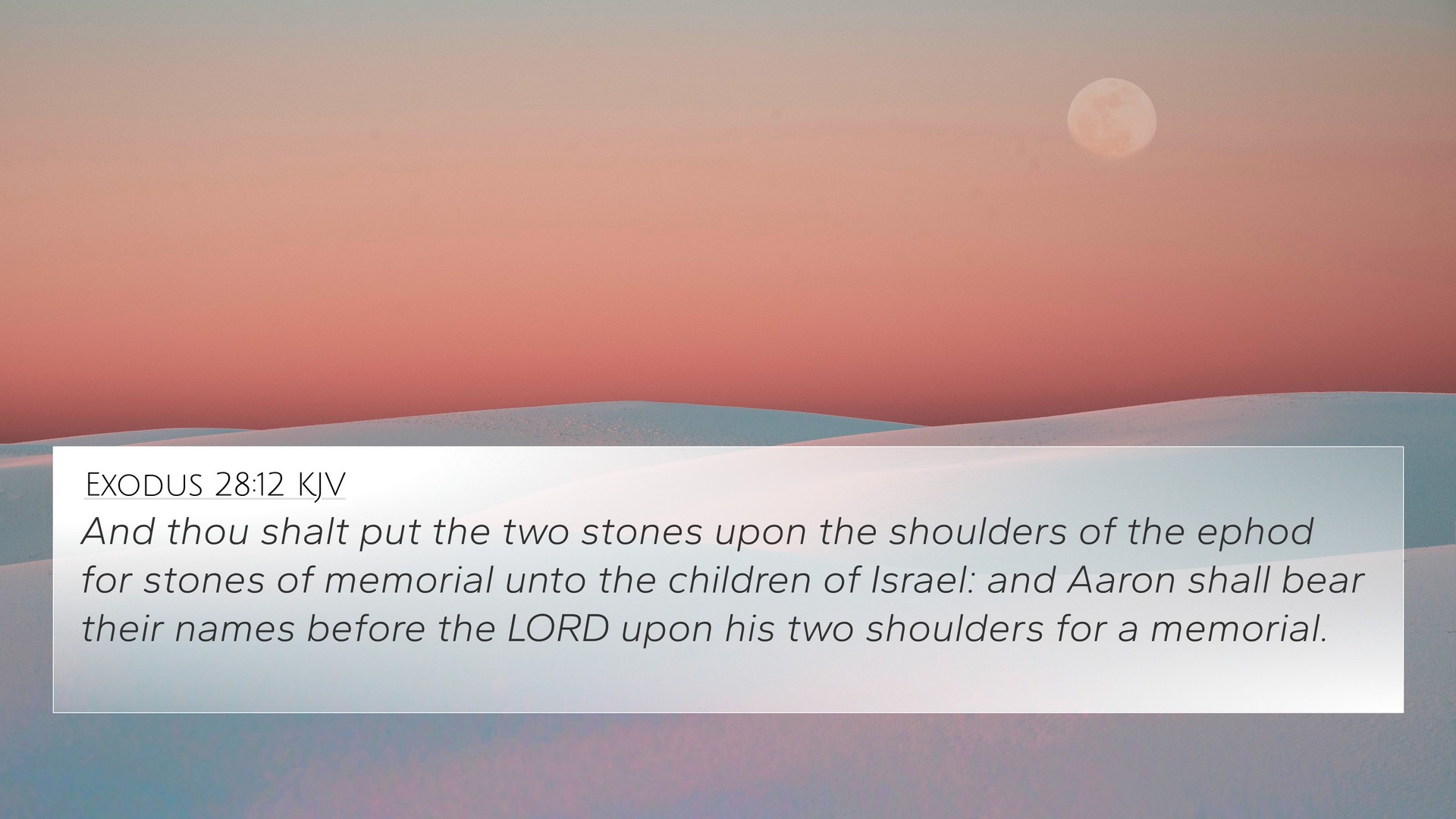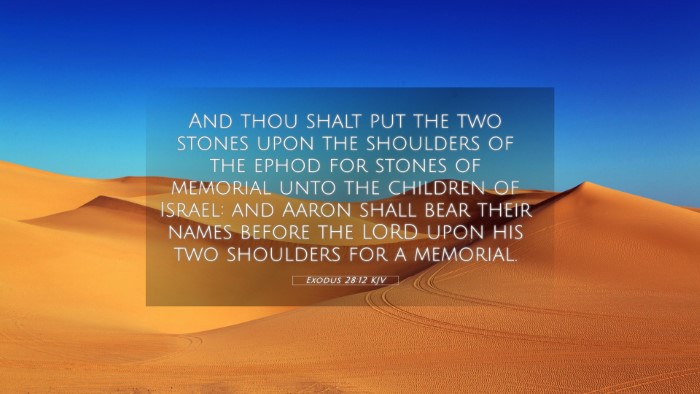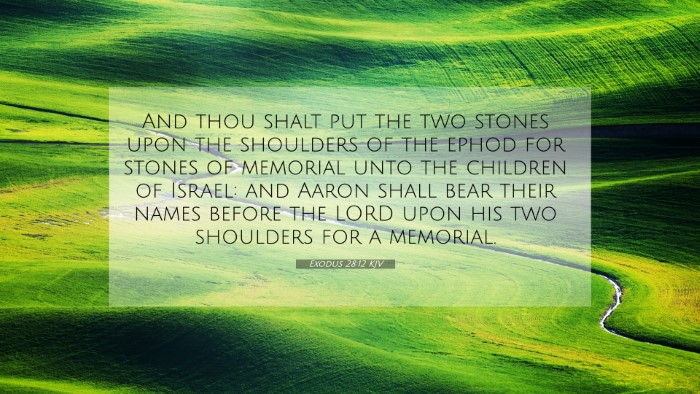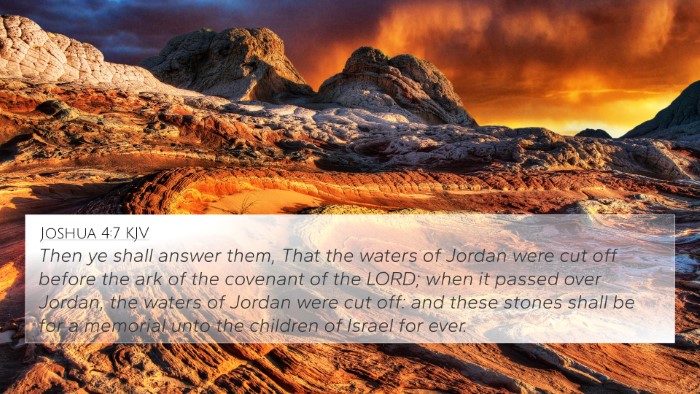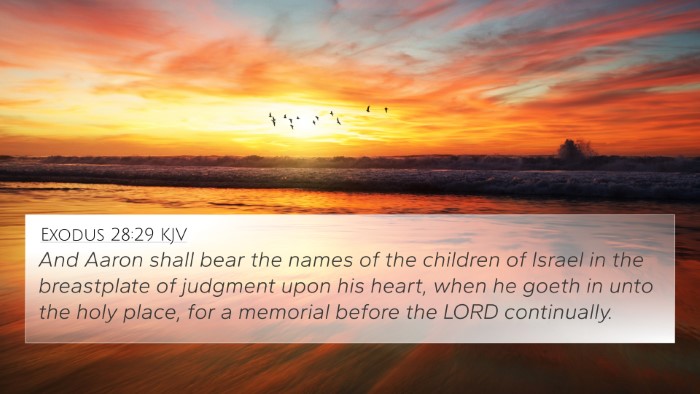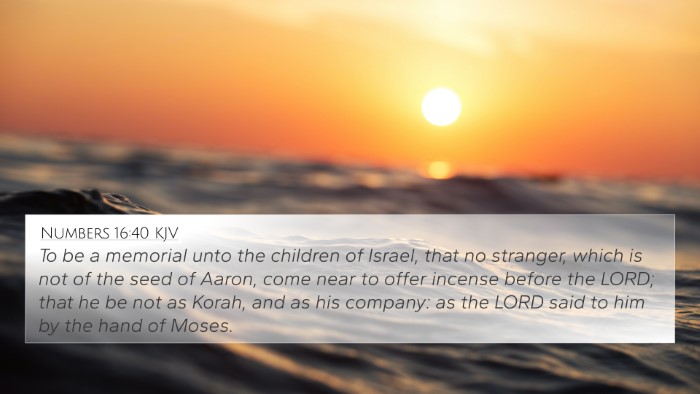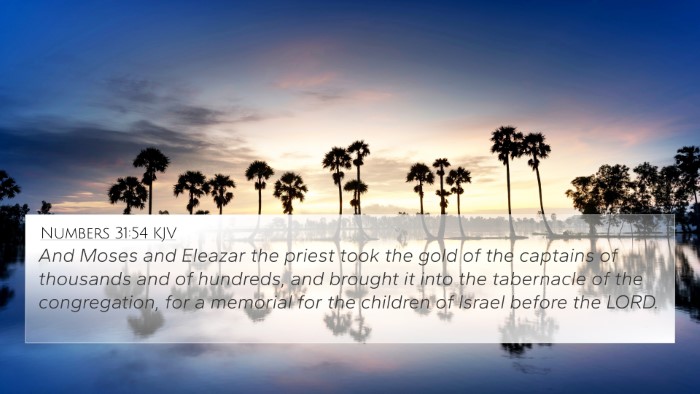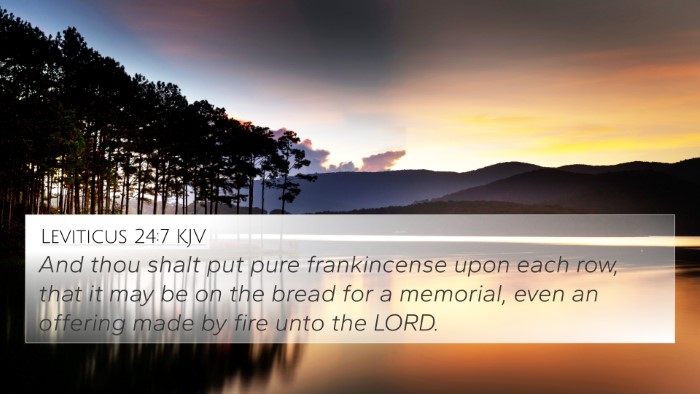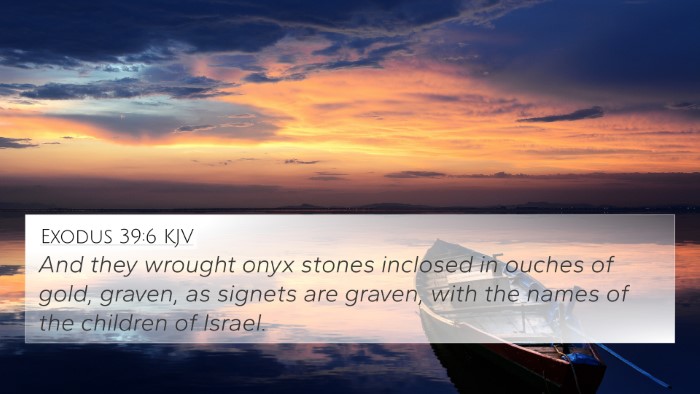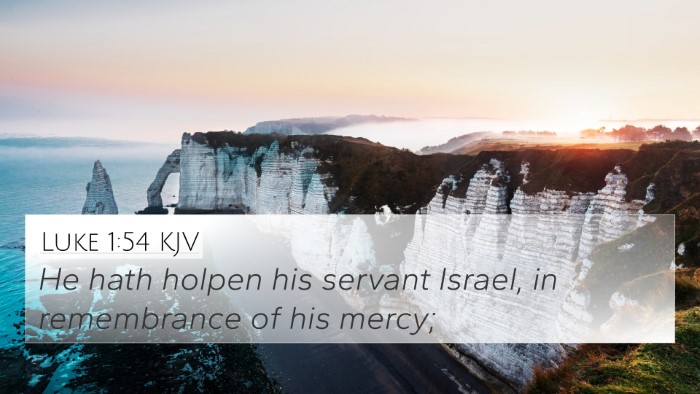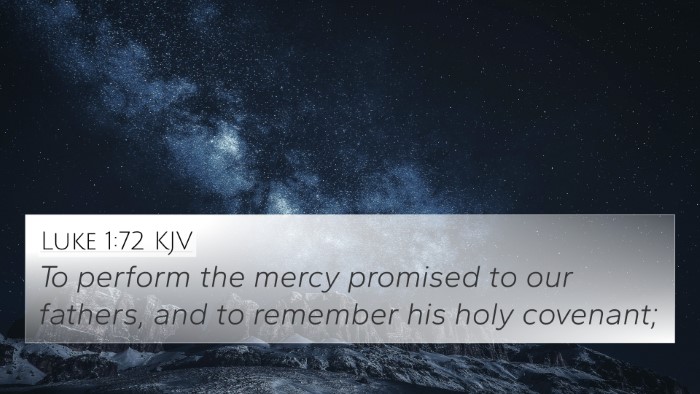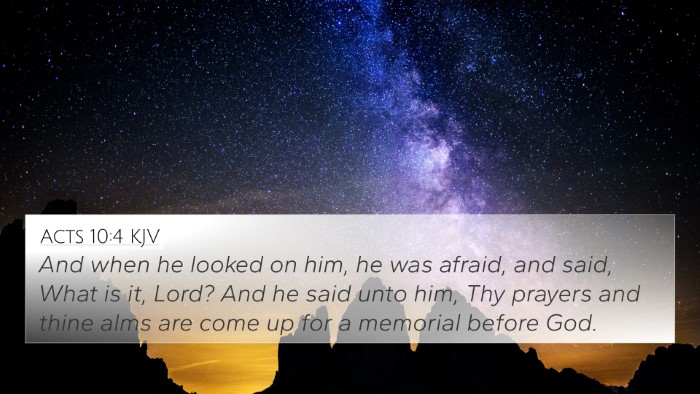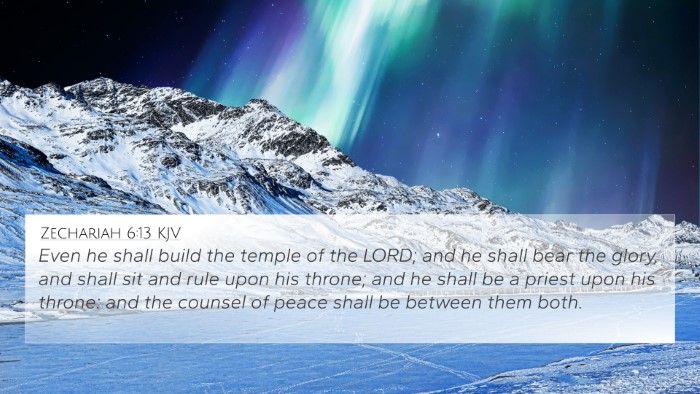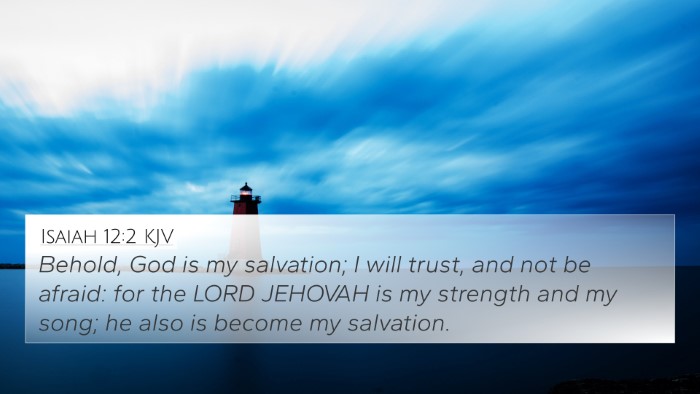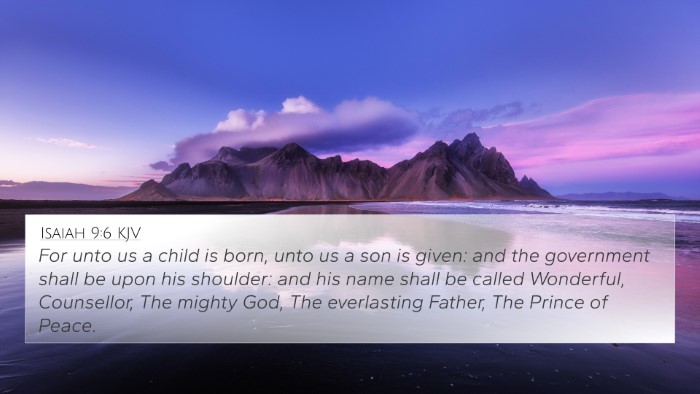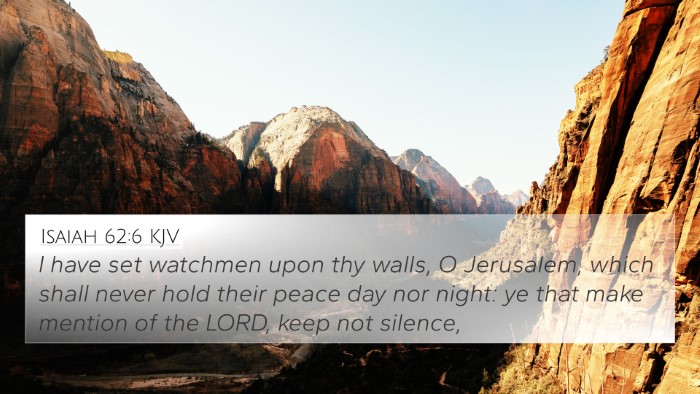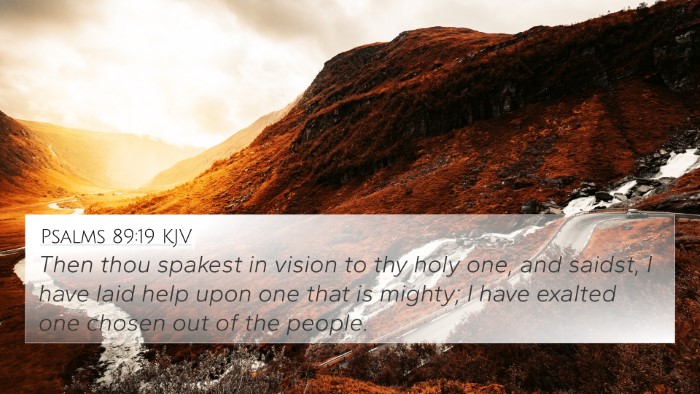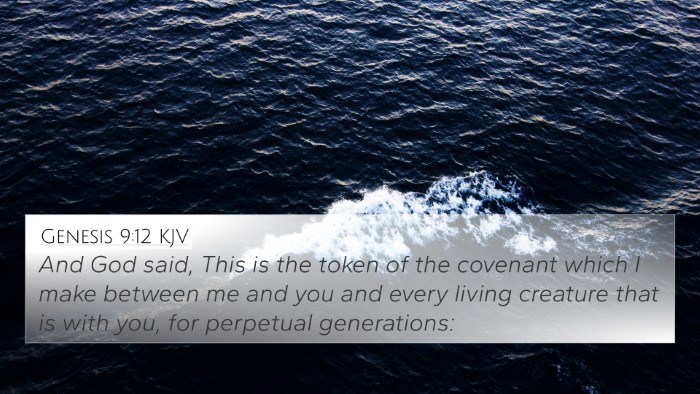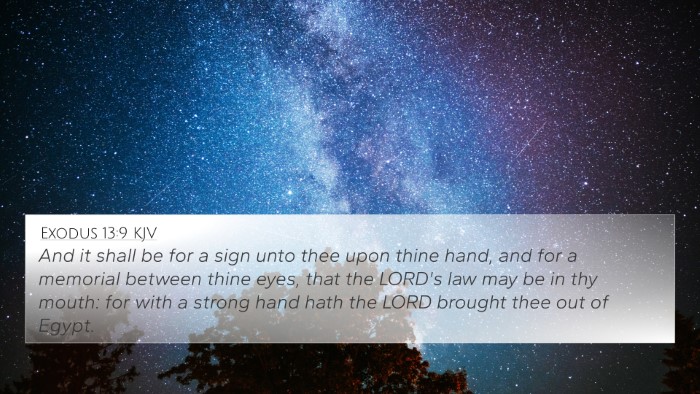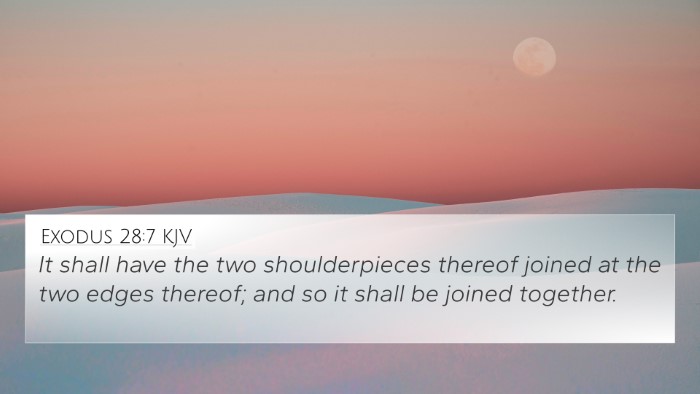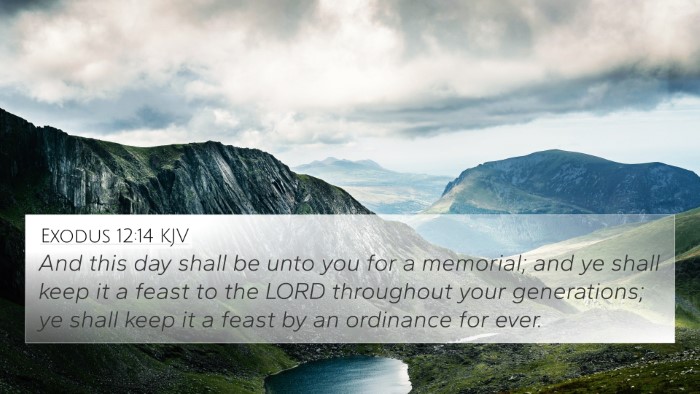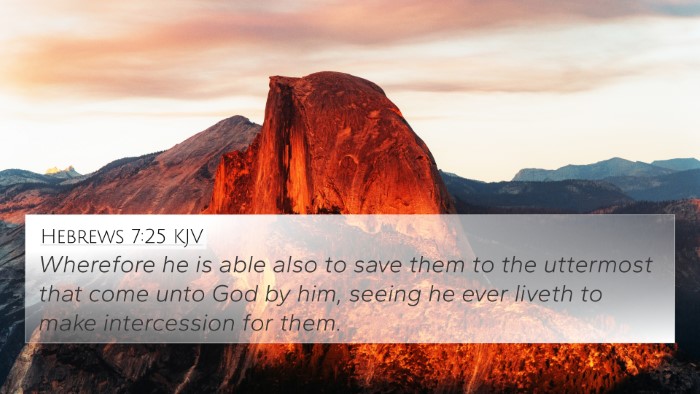Bible Verse Meaning and Interpretation: Exodus 28:12
Exodus 28:12 reads: "And you shall put the two stones on the shoulders of the ephod as stones of remembrance for the children of Israel. And Aaron shall bear their names before the Lord on his two shoulders as a memorial." This verse speaks to the significance of the priestly garments and the role of the High Priest, particularly Aaron, in representing the people of Israel before God.
Understanding the Context
This verse is part of a larger narrative outlining the detailed instructions given to Moses regarding the priestly vestments, particularly the ephod, which was a ceremonial garment worn by the High Priest. The two stones mentioned symbolize the twelve tribes of Israel, serving as a physical representation of the entire nation before God.
Significance of the Stones
The stones serve multiple purposes:
- Remembrance: They are stones of remembrance, indicating that the Lord remembers His covenant with Israel.
- Representation: Aaron carrying the names signifies God's personal relationship with His people; each tribe is significant and known by name.
- Intercession: The High Priest facilitates intercession for the nation by bearing their names before the Lord.
The Priestly Role
Aaron's role as the High Priest is crucial in understanding this verse. According to Matthew Henry, the stones are a token of Aaron's internal responsibility and outward representation of the people. Albert Barnes emphasizes that the stones signify God's ongoing covenant and mercy towards Israel, ensuring they are never forgotten. Adam Clarke expands on this by noting how the High Priest stood as a mediator between God and Israel, a critical role in the Old Testament sacrificial system.
Cross-References and Thematic Connections
This verse can be cross-referenced with several Bible passages that enhance its understanding and significance. Here are 10 related scripture references:
- Exodus 28:6-14 - Description of the ephod’s construction and purpose.
- Leviticus 8:8 - The garments of the High Priest, including the use of the ephod.
- Numbers 1:52 - The concept of bearing the names of the tribes of Israel.
- Hebrews 5:1 - The priesthood's role in representing men before God.
- 1 Peter 2:9 - Believers as a royal priesthood, contrasting with Aaron's physical priesthood.
- Exodus 39:6-7 - The stones being set in the breastplate of the priest.
- Isaiah 49:16 - God’s promise to remember His people, similar to the stones of remembrance.
- Revelation 21:12 - The names of the twelve tribes inscribed on the heavenly gates.
- Romans 10:1 - Paul's desire for Israel's salvation, representing intercession.
- Psalms 106:4 - A plea for God's remembrance of His covenant with Israel.
Comparative Bible Verse Analysis
By engaging in comparative Bible verse analysis, we can see how themes of mediation, remembrance, and representation recur throughout Scripture:
- Mediation: The role of Christ as our High Priest (Hebrews 4:14-16) parallels Aaron's duties here.
- Remembrance: 1 Corinthians 11:24-25 connects themes of remembrance with Christ’s sacrifice.
- Representation: Romans 8:34 emphasizes Christ’s intercessory role as Aaron did for Israel.
Inter-Biblical Dialogue
This verse also initiates an inter-Biblical dialogue through its themes. The New Testament reflects back to these Old Testament practices and underlines a new covenant represented by Christ’s sacrifice, expanding the understanding of representation and remembrance from a national level to a universal one.
Tools and Methods for Bible Cross-Referencing
For those looking to perform further explorations into cross-referencing, several tools for Bible cross-referencing can be helpful:
- Bible Concordance: A useful collection of keywords and their scriptural locations.
- Bible Cross-Reference Guide: Guides that list verses that share themes or language.
- Cross-Reference Bible Study: Methods for systematically exploring connections between verses.
- Bible Reference Resources: Scholarly works that discuss thematic connections and verse relations.
Conclusion and Application
Understanding Exodus 28:12 within its biblical context not only enriches our knowledge of the priesthood but also illustrates the unchanging nature of God's relationship with His people. By employing tools for Bible cross-referencing and examining interconnections with other scriptures, believers can deepen their faith and understanding through these meaningful links.
